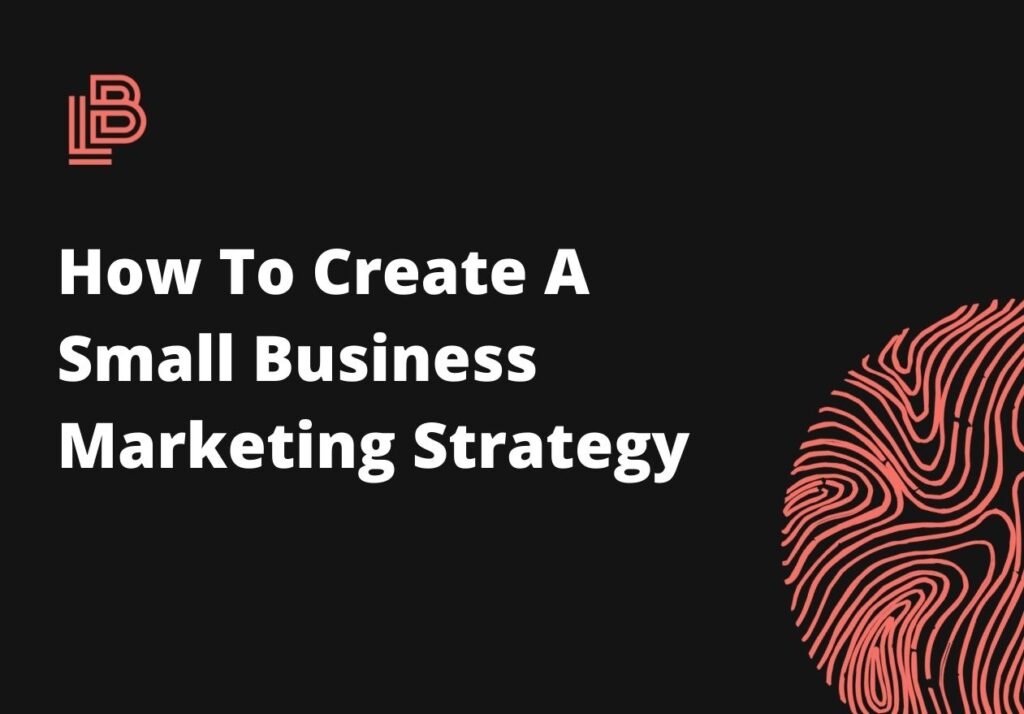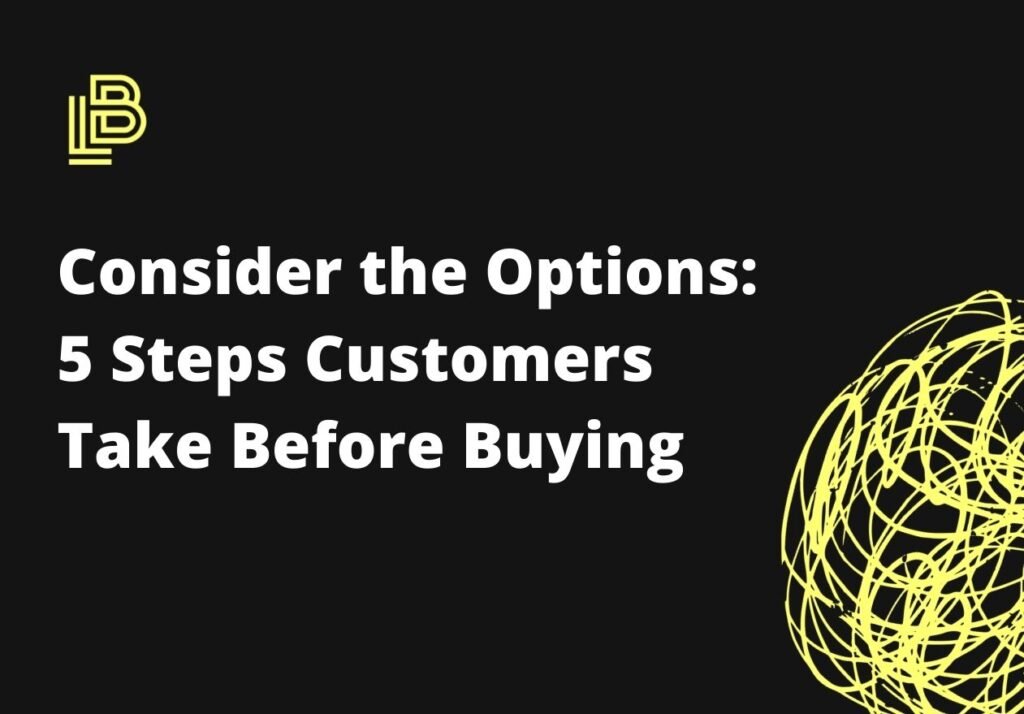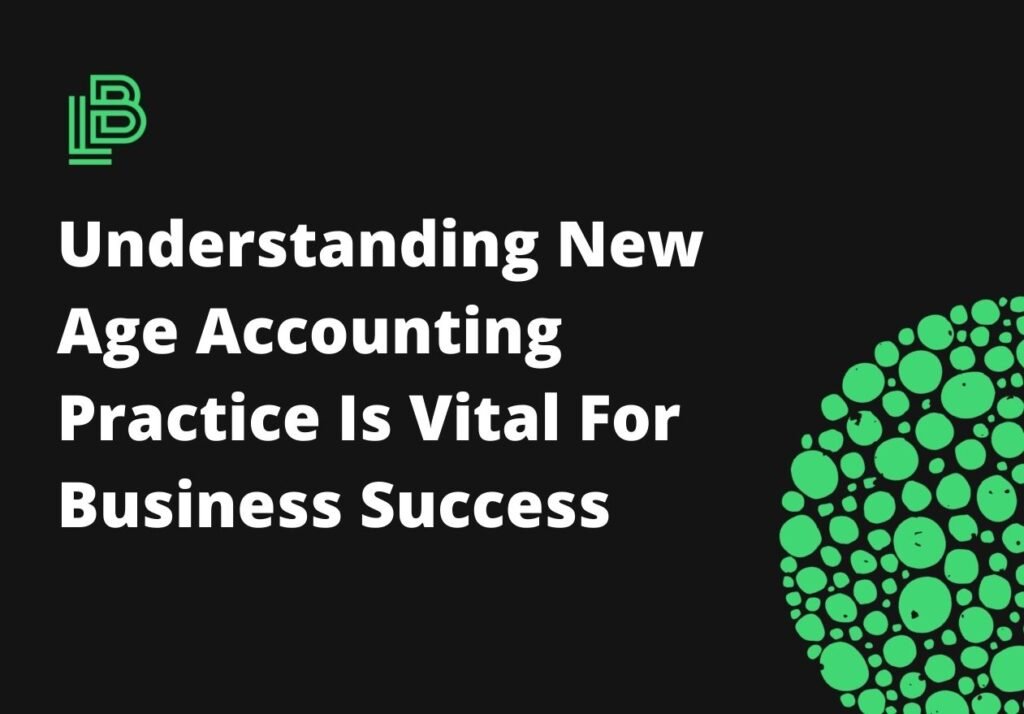What you need to know when implementing a successful marketing strategy
As a small business owner, you already know that you need a strong marketing plan — but you may not know how to go about creating an effective strategy. Should you stick with your tried-and-true marketing strategies, or mix it up with a new approach? How do you go about selecting and building a marketing strategy that works for your small business when there are dozens of options?
Here is what you need to know to create and implement a successful marketing strategy for your small business.
Experiment, Evaluate, and Scale Your Small Business Marketing Budget

Building a marketing strategy for a small business can feel overwhelming, especially when it comes to your online marketing options. There are many different methods and hundreds of articles all claiming to know the “most effective” strategy.
The truth is that your small business” best marketing strategy depends on your specific audience and your business model.
Before discussing how to choose the right strategy for your business, let’s look at six of the best small business marketing tools.
Email Marketing

Email marketing allows small businesses to connect directly with customers and prospects who have expressed explicit interest in your business. It is one of the most effective strategies for creating a relationship that turns interested leads into actual customers. As a small business owner, your email list, made up of email addresses that your prospective customers (or leads) and customers have given to you, is one of your most valuable assets. That’s why building an email list should be a top priority.
Social Media

Social media marketing can help your small business reach thousands of customers and prospective customers. However, many small businesses marketers are overwhelmed by the number of different platforms. Should you be on Facebook, LinkedIn, Instagram, or Twitter?
Rather than trying to be active on every platform, find one or two platforms where your customers are most active and focus there. Use designing tools like the poster creator app to share informative content and visualize content, helpful posts related to your industry. — not just produce content meant to drive sales.
Content Marketing

Content marketing is about creating and sharing useful, thoughtful content related to your brand or your audience’s interests. This content should establish your business as an expert in your field and show customers you can be trusted. For example, a restaurant could share content related to takeout food safety or cooking tips, while a dentist’s office could create guides on how to floss your teeth or when to take children for their first dental appointment.
PPC (Pay-Per-Click)

Pay-per-click marketing allows you to create targeted ads that showcase your business to internet users through search engines such as Google or Bing. These ads show up on sites across the web, often at the top of the webpage, embedded in content, or in the sidebar of a webpage. When you use PPC, you choose terms you think customers are likely to use when they search for the product or service your business offers. While PPC is a bit complicated, especially for beginners, it can be a highly effective strategy for driving both website traffic and foot traffic.
Referral Marketing

Referral marketing rewards current customers for recommending your product or service to their friends and family. For example, you might offer a 10 percent discount to a current customer and their friends if they use a specific link or code. Referral marketing is a low-cost strategy that encourages word-of-mouth marketing, one of the most trusted and effective marketing strategies for small businesses.
Event Marketing

Event marketing is an experience-based marketing strategy where brands promote their business through in-person or digital events such as classes, conferences, or happy hour events. Connecting with people in person or at events can create a stronger bond that can be leveraged to drive sales, increase brand trust, and build brand awareness.
Now that we’ve covered some core marketing strategies for small businesses, let’s talk about how to figure out which marketing strategy will be successful for your brand.
Create a marketing strategy for your small business.
Your marketing strategy should be a long-term plan to help your business reach more customers and create a sustainable business. Building a successful small business marketing strategy starts with understanding where you stand and where you want your business to go.



